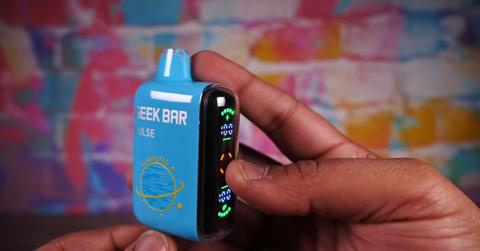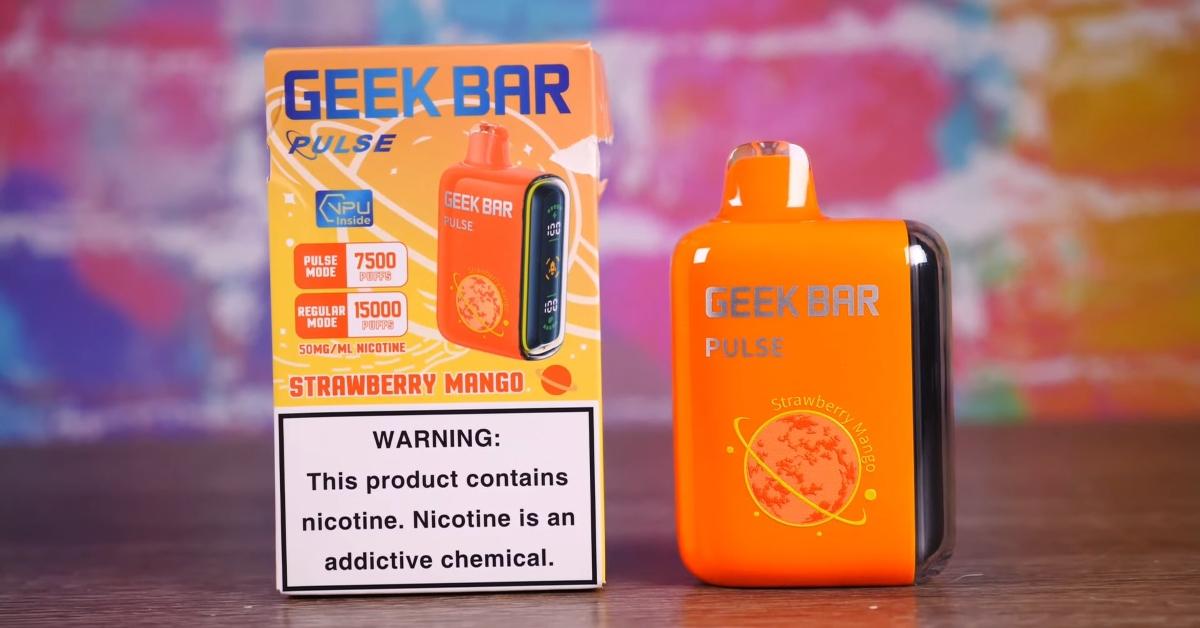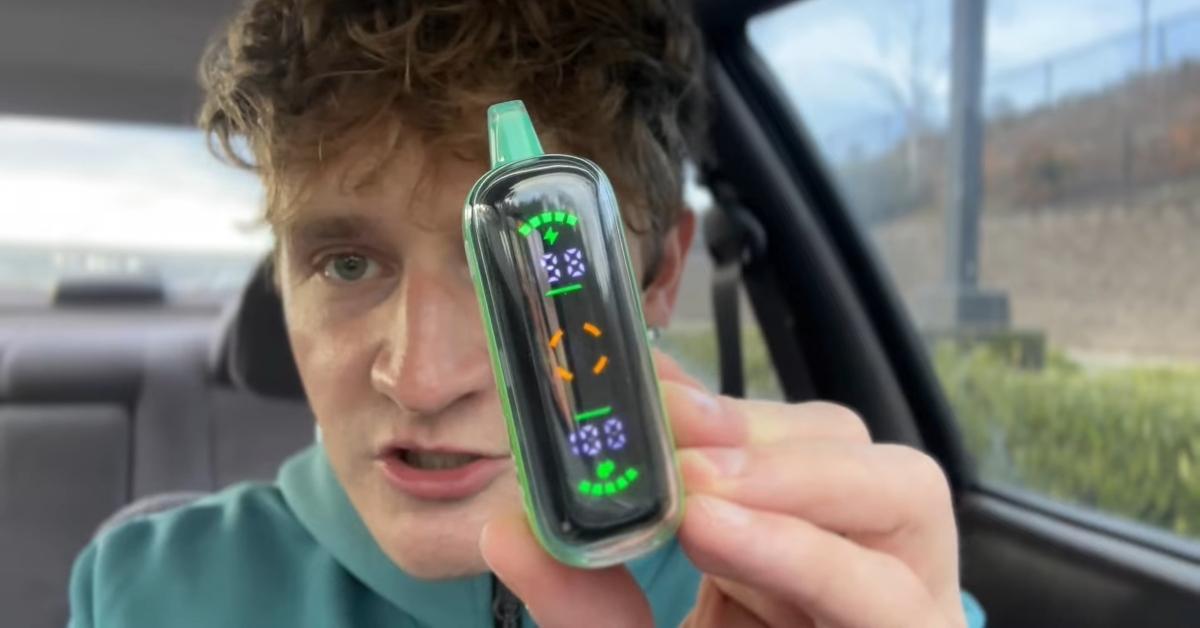What Happened to Geek Bars? The Beloved Vapes Are Hard to Find Due to a Crackdown
Tariffs and the War on Drugs v2.0 have made Geek Bars nearly impossible to find.
Published July 18 2025, 11:26 a.m. ET
If you're the type of person who likes to sit back and take a long drag on an electronic cigarette, you probably already have a list of favorite flavors. That list may or may not include brands like Juul or Geek Bar, a wildly popular eCig brand that has a worldwide fan base.
But as Summer 2025 got underway, it became obvious that Geek Bar vapes were becoming nearly impossible to find in the U.S. Either they were simply too expensive or completely missing from inventories. So what happened? Here's what we know about why the popular brand suddenly seemed to vanish, much to the chagrin of vapers everywhere.
What happened to Geek Bars flavors?
You aren't alone if you rolled up to your usual smoke shop, requested a Geek Bar, and were told that you were out of luck. People all across the United States have found shortages and unavailability, leaving many with a hankering for Geek Bars that nothing else will seem to satisfy. Not even you, Raz.
So what exactly happened? It's all about government policies.
One reason is that Trump has levied tariffs against Chinese-made goods. Geek Bars are made in China, so they fall into this category. Raised cost and import complexities has led to lower import volumes.
On the other hand, the Trump administration has been looking to crack down on illegal vapes as it ratchets up its efforts to control the illegal drug trade across the United States. Back in 2020, during Trump's first administration, the government banned nearly all flavored vapes.
Then the war kicked up another notch back in 2022 and 2023, under President Joe Biden (via FDA.gov), amid stricter regulations.
Reuters reports that a combination of tariffs and crackdowns on vape imports led to a plan by Geek Bar's parent company Geekvape to lower manufacturing volume. All of this has led to stateside shortages.
Trump's crackdown on drugs has taken on a new enemy: fentanyl.
But it's not just electronic cigarettes that are taking a hit from the Trump administration's policies. In July 2025, he aimed a strong blow at the illegal fentanyl trade, hoping to carry his war against the dangerous narcotic drug to a new level.
On July 16, 2025, Trump signed an executive order aimed at increasing punishments for trafficking fentanyl and its derivatives, hoping to crack down on illegal fentanyl and toughen prison sentences for those who traffic the drug. In the process, he raised the drug permanently to a Schedule I, which is a drug considered to have "no accepted medical use" (via DEA.gov).
But there's just one problem: Fentanyl is often used in a medical setting, often to treat pain related to cancer and surgical recovery. Many advocates have worried that the rescheduling will make it impossible to use the drug effectively in a medical setting and perhaps push those in pain to desperate lengths for relief.
However, the rescheduling of fentanyl is not new, with fentanyl temporarily classed as Schedule 1 back in 2018.
The HALT (Halt All Lethal Trafficking of Fentanyl) Act makes that classification permanent, includes fentanyl derivatives, and increases the ability of law enforcement to punish those who traffic these drugs.
So while some questions remain about how exactly the scheduling will play out now that it's been made permanent, it hasn't seemed to affect patient access for valid reasons so far, and it's unclear if it will affect it moving forward, but it seems unlikely to have any major impact on medical settings.
The goal, the Trump administration has explained, is simply to make it easier to harshly punish those who traffic in fentanyl and its derivatives. As they go after drugs like fentanyl and illegal vapes, the War Against Drugs of the 1970s and 1980s seems like it's making a comeback.


